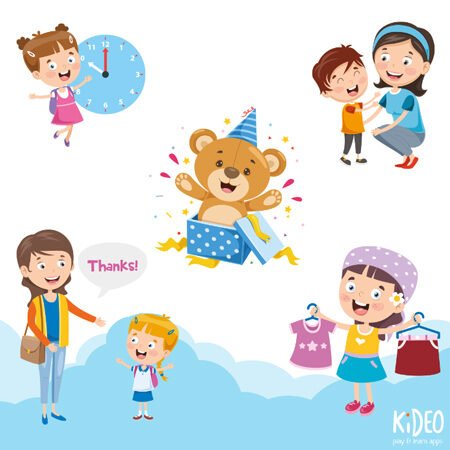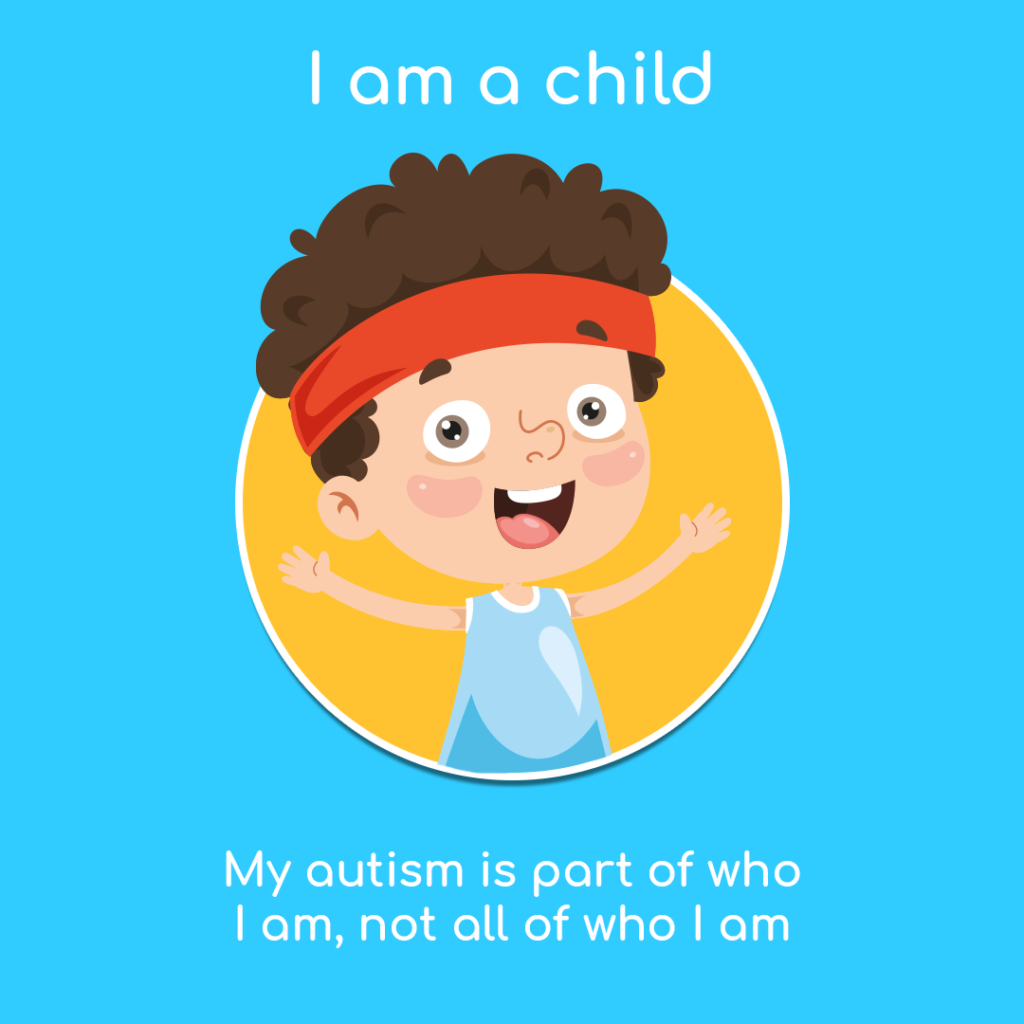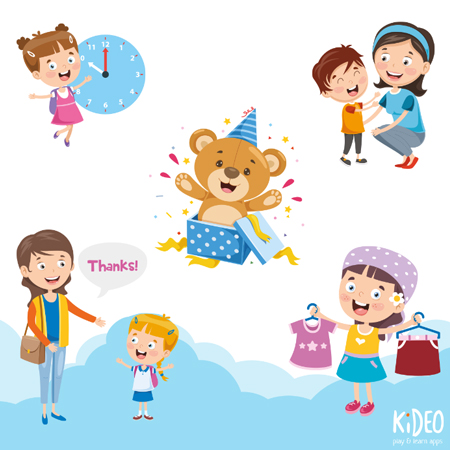Different kids crave different kinds of attention and affection. We’ll help you figure out which means the most to your child so he/she can feel truly adored.
In order to understand the languages fully, We have included summaries and actions for each love language, so you can use the appropriate measures to suit the child’s particular needs and essentially keep their ‘love tanks full’.
1.Physical Touch
“I know my mum loves me because she hugs me.”
This is often a language you perform on a daily basis, without even noticing – which is a positive thing. Actions like giving your child a hug and kiss before and after school, kicking a ball around the garden together, or reading a story while they sit on your lap all belong to the language of physical touch. Children need to be touched, even if it isn’t their primary love language. One of Chapman’s main concepts from the book is making sure that your child’s emotional or love tank’ is full of love. In this sense, physical touch is the easiest love language to use unconditionally, as parents need no special occasion or excuse to make physical contact.
Things to do if your child’s love language is physical touch:
• Hug and kiss your child every day when they leave and return from school.
• Snuggle closely together when watching television
• Stroke his/her hair or rub their backs when they tell you about a difficult day or if they are upset.
2. Words of Affirmation
“He says I’ll do better if I keep doing my best”
As the saying goes ‘children are like sponges. It often amazes me to hear and see what children pick up on, particularly verbally. These words nurture the child’s inner sense of worth and security – they will be remembered for a lifetime.
Something to watch out for is giving praise when it is not due. If you praise children too frequently, and it is not genuine, your words won’t have the desired positive effect. You do not want your child to get to a stage where he/she expects praise and then when they are not given it – assume something is wrong. Essentially, the goal is to catch your child doing something good and commend them for it. This will ultimately guide your child’s moral and ethical development.
3 things to do if your child’s love language is words of affirmation:
• Put a post-it in their lunch box with encouraging positive words
• Make a habit of saying “I love you” whenever you say goodbye or leave each other.
• When a child makes a mistake while trying to do something helpful (like washing the dishes) first use words to recognize that you knew of their good intentions.
3. Quality Time
“He does stuff with me”.
Things like shooting baskets and playing on the computer.”
This means that what really makes your child or the child in your life feel loved, is someone’s undivided attention. These children can be seen as ‘demanding’ but when a child’s love tank is empty and your attention is the only thing that will fill it, they will go to almost any length to get the reaction they need. This also ties in with misbehavior in order to get your attention that they so badly crave.
3 things to do if your child’s love language is quality time:
• Stop what you are doing and make eye contact with your child when they are talking to you.
• Occasionally take family walks or rides together.
• Spend a few extra minutes with your child before their bedtime, talk about their day or what they’re excited about for the day ahead.
4. Gifts
“My teacher loves me, Nana, look what she gave me”
The act of giving and receiving gifts is a powerful love language. However, as parents, grandparents, aunts, and uncles, you have to be wary that when giving and receiving gifts, the wrong message is not conveyed.
The most meaningful gifts become symbols of love and when this is genuinely and truly conveyed, the love language is being spoken. This being said, the child’s emotional love tank needs to be maintained in order for the gift to express heartfelt love. Offering a gift, alongside the other love languages, is the ideal way to go about expressing your love through giving.
3 things to do if your child’s love language is “gifts”:
• Make a meal you know your child likes, go to a special restaurant or make their favorite dessert.
• When away from home, mail a small package to your child with their name on it.
• Keep a “gift bag” of inexpensive gifts your child can choose from, as a reward for doing something positive.
5. Acts of service
‘I remember how my parents would get up early on Saturdays to take me to my games, or stay up late helping me finish a project.”
Acts of service are physically and emotionally demanding. Therefore, as a parent or whatever roles you may serve in a child’s life, you have a responsibility to make sure your own health is intact and that you are giving your partner all that they need to be positive, healthy role models in the child’s life too.
3 things to do if your child’s love language is acts of service:
• Help your child practice for their sports team
• When running late for an appointment or meeting, help your child quickly finish what they are doing, so you can both be ready faster instead of just telling them to hurry.
• Create flashcards for your child’s upcoming test or quiz. Work together with him/her until they feel confident with the material.
By understanding these love languages and identifying which one links most with your children or the child in your life, you will gain a great deal more from your relationship. Whenever something confuses you or you feel like your child is acting out of character – ask yourself whether you think their love tank is full? Have you been tuning in to their love languages as best you can?
SOURCE: “Five Love Languages of Children” Book.



